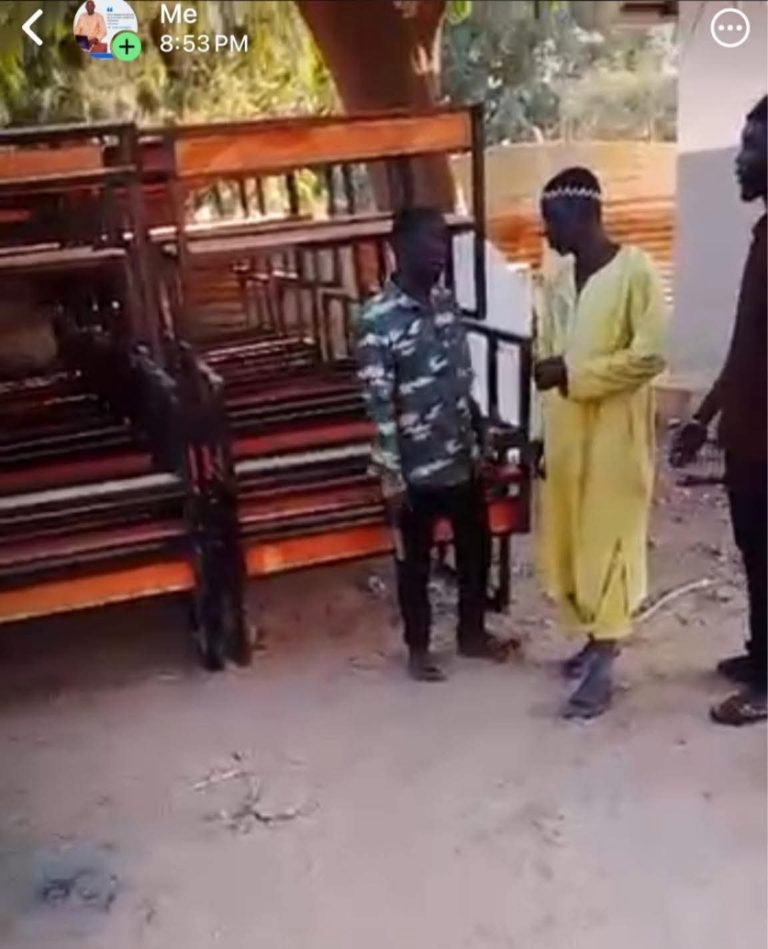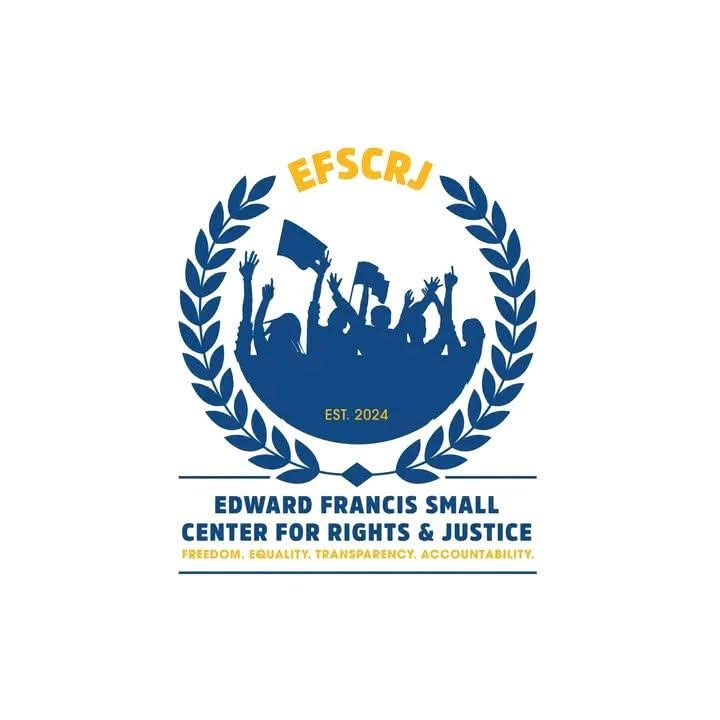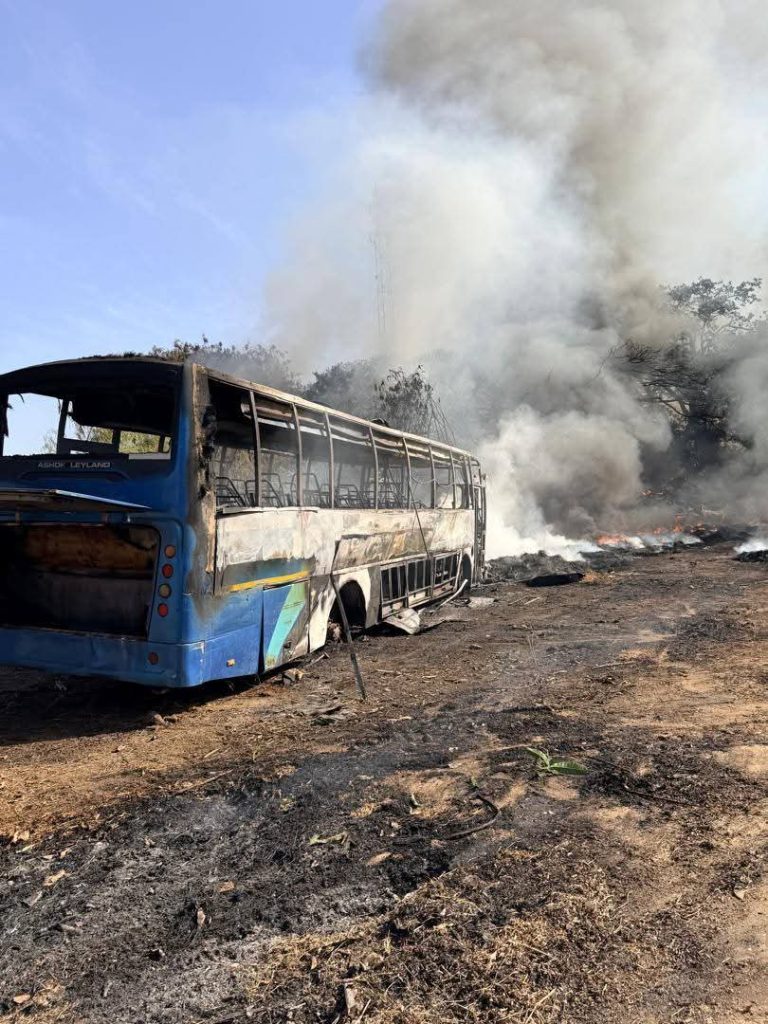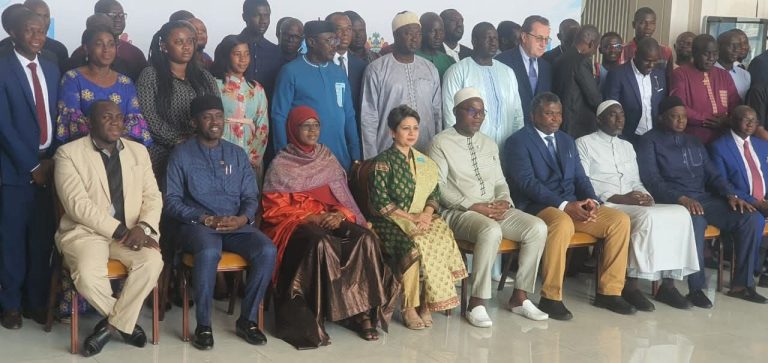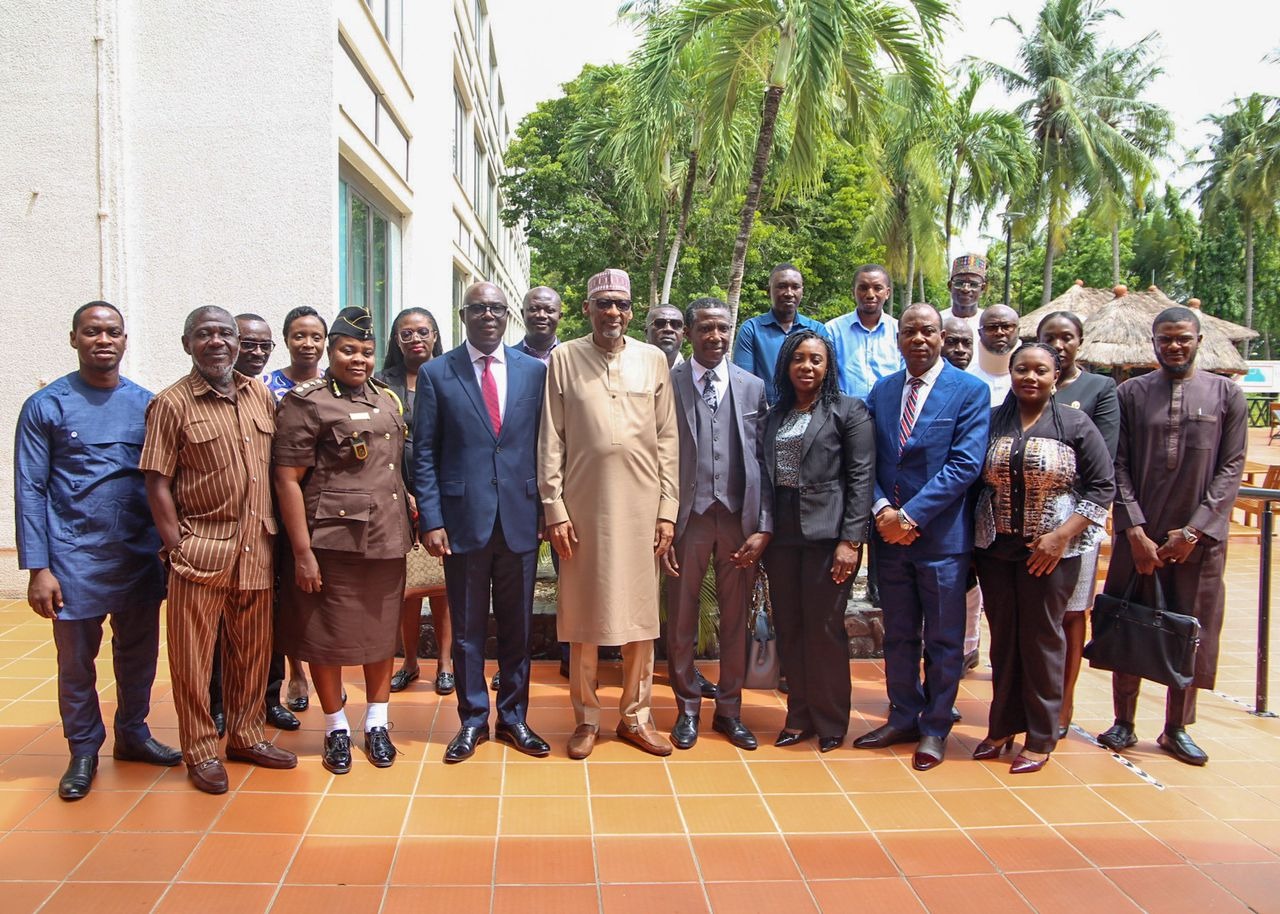
The Economic Community of West African States (ECOWAS) launched its Pilot Project on Alternative to Incarceration (ATI) in West Africa with Ghana as the pioneer Member State. The Project was launched in a five-day workshop from the 3rd to the 7th of June, 2024 in Accra, Ghana in partnership with Enhancing Africa’s Response to Transnational Organized Crime (ENACT Africa) and the Ghana Narcotics Control Commission (NCC) with multi-sectoral stakeholders in attendance.
In his welcome remarks, the ECOWAS Resident Representative in Ghana, Ambassador Baba Gana Wakil, extended a warm welcome to all stakeholders on behalf of the ECOWAS President, expressing gratitude to partners and staff of the ECOWAS Drug Division. He emphasized the global persistence of substance abuse and the inadequacy of punitive measures in addressing it, supported by relevant statistics. Ambassador Wakil noted a shift towards Alternative to Incarceration due to these challenges. He highlighted ECOWAS Commission’s contributions to Drug Demand Reduction in the region and its commitment to supporting treatment and rehabilitation for Persons Who Use Drugs (PWUDs) in Member States, signaling a move away from solely punitive approaches.
Welcome remarks were also made by the Director, International Consortium for Alternatives to Incarceration (ICATI), Michele Worobiec, who joined online from the USA and Dr. Christian Ani of ENACT Africa. They expressed their organisations’ enthusiasm towards partnering with the ECOWAS to implement ATI strategies in the ECOWAS region and foster Drug Demand Reduction.
Delivering the opening address, the Director General of the Ghana Narcotics Control Commission, Mr. Kenneth Adu-Amanfoh emphasized the gravity of substance use disorders’ societal impact and the inadequacy of traditional incarceration methods in addressing addiction. He highlighted Ghana’s progressive steps towards prioritizing health and human rights in drug policy, including the enactment of the Narcotics Control Commission Act 2020 and the establishment of a Substance Use Disorder Rehabilitation Fund. While Expressing gratitude to collaborating organizations and individuals, he underscored Ghana’s leadership in drug reform within the region. Despite acknowledging challenges, Mr. Adu-Amanfoh expressed optimism about the workshop’s potential to lay the groundwork for the pilot project’s success, marking the event’s official opening and underscoring the collaborative effort needed to make a positive impact on those affected by substance use disorders.

